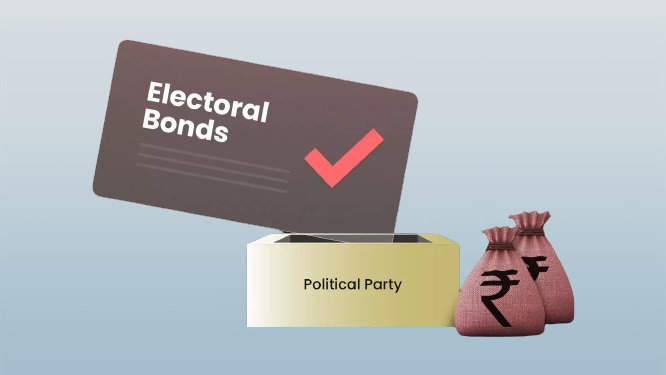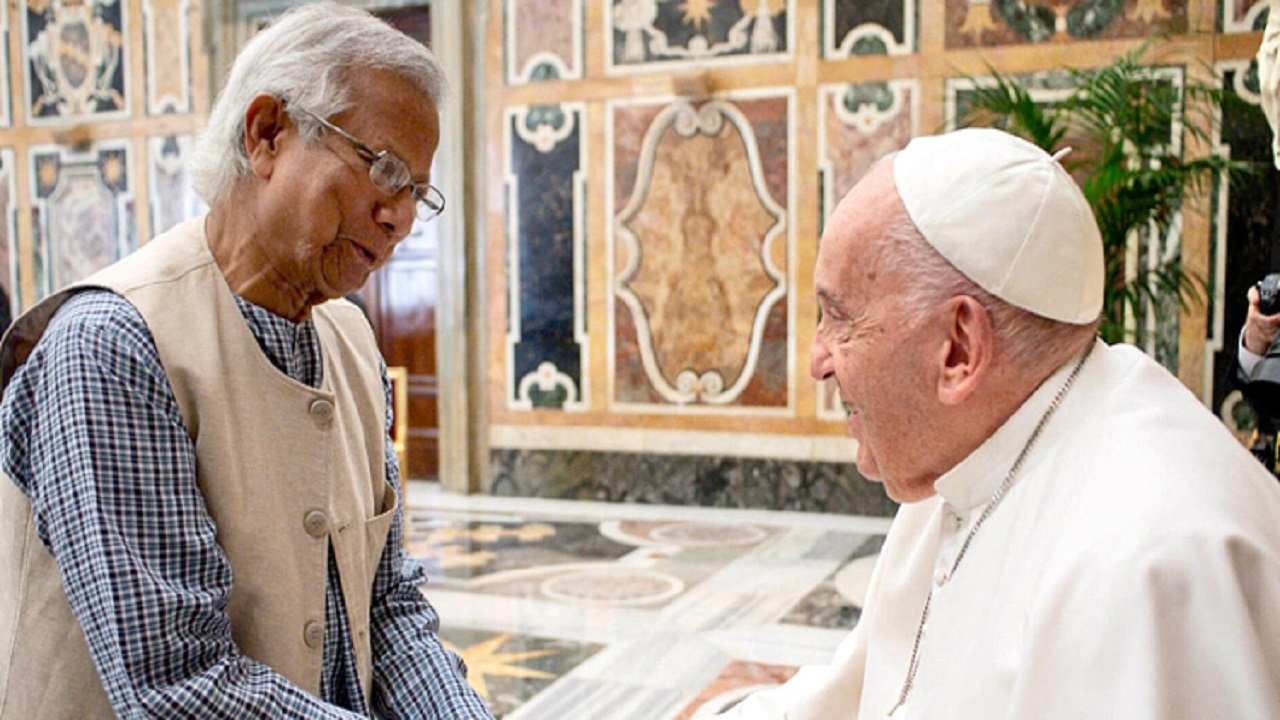Context:
In a parliamentary democracy, Governors do not have a unilateral veto over Bills passed by the legislature. This is the crux of the Supreme Court’s ruling in a case arising from Punjab after Governor Banwarilal Purohit withheld assent to some Bills passed by the State Assembly on the pretext that these were adopted in an illegal session of the House.
Constitutional provision:
- The Court’s reading of the scheme of Article 200, which deals with grant of assent to Bills, is in line with the core tenet of parliamentary democracy: that an elected regime responsible to the legislature runs the State’s affairs.
- The Supreme Court (SC) has now read the power to withhold assent and the proviso in conjuction, holding that whenever the Governor withholds assent, he has to send the Bill back to the legislature for reconsideration. This effectively means that the Governor either grants assents in the first in stance or will be compelled to do so after the Bill’s second passage.
- The Court has done well to point out that Governors, in a system that requires them to function mainly on the aid and advice of the Council of Ministers, cannot withhold action on Bills and must act as soon as possible.
- This is a clear reprimand administered to Governors who believe they can endlessly delay action on Cabinet or legislative proposals because of the absence of a prescribed time frame.
Present case and way forward:
- Mr. Purohit’s stand that the particular session of the Assembly was illegal — because an adjourned House was reconvened by the Speaker on his own — has been rejected. The Court has ruled that the earlier session had only been adjourned and not prorogued.
- The verdict should not give any further scope for controversy over the role played by Governors in the lawmaking process that culminates with their granting assent to Bills, and must end the tussle between elected regimes and the Centre’s appointees.
- There is still some residual scope for controversy if, as a result of Governors being divested of the power to reject Bills unilaterally, they start referring Bills they disapprove of to the President. Such an eventuality should not be allowed to arise.
Relevant judicial verdicts and commissions:
- The landmark case of Shamsher Singh v State of Punjab, decided in 1974 by a Constitution bench of the Supreme Court, established that a Governor is required to exercise their formal constitutional powers solely upon and in accordance with the aid and advice of their ministers, except in some exceptional circumstances. These exceptions pertain to the removal of a government that no longer holds a majority, as well as the decision to invite a party to assume governance
- The 1983 Sarkaria Commission on Center-state relations put forth several modifications aimed at augmenting the responsibilities and influence of Governors. There is a suggestion that Governors ought to possess a non-partisan and impartial disposition, while also maintaining a fixed tenure to uphold stability and continuity.
- The 2010 Punchhi Commission proposed that the appointment of governors should involve consultation with the Chief Minister of the respective state, and that governors should be granted enhanced responsibilities in domains such as tribal welfare, regional development, and the promotion of cooperative federalism such as tribal welfare, regional development, and promoting cooperative federalism.
Conclusion:
Most court verdicts as well as commissions have recommended governor’s position as a neutral one between Center and states, without having any extraordinary or parallel legislative powers to that of the state legislature. This is also essential for cooperative federalism.
.jpg)



Comments (0)